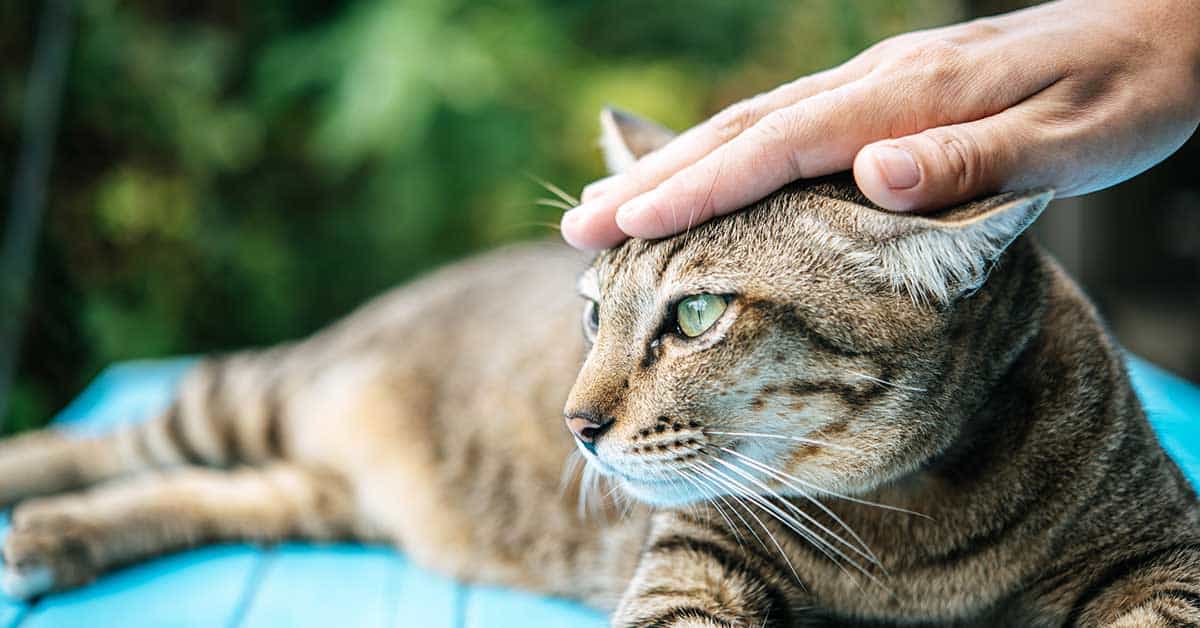Table of Contents
For those who go beyond typical pets like dogs and cats, embracing the exotic allure of snakes, lizards, or even tarantulas, the realm of animal psychics opens up intriguing possibilities. These unique pets, with their often misunderstood behaviors, require a special kind of understanding, and that’s where animal psychics, or communicators, step in. As someone who has spent a significant portion of my life surrounded by exotic pets, I am fascinated by how these communicators bridge the gap between the human and animal worldespecially when the animals in question are not your typical fluffy companions.
Understanding Animal Communicators
Discover how animal communicators help exotic pets and what to expect from their services. – Animal communicators are professionals who interpret the thoughts and feelings of animals, extending their expertise beyond just dogs and cats to include exotic pets. – Animal communication involves understanding non-verbal cues and energies, allowing communicators to facilitate a dialogue between pets and their owners. – Finding a good communicator may involve research and reviews, with costs varying based on experience and services offered, typically ranging from $50 to $150 per session.
What is an Animal Communicator?
Animal communicators are individuals who claim to have the ability to telepathically connect with animals, translating the thoughts, feelings, and insights of these creatures into a language humans can understand. They are often sought out by pet owners who feel at a loss when traditional methods of understanding their pets fail. But what makes an animal communicator particularly interesting is their work with exotic pets, animals whose behaviors and needs can be vastly different from the more commonly understood dogs and cats.
In my experience with exotic pets, understanding them can be like trying to interpret a foreign language without a dictionary. I remember my first encounter with a ball python named Jasper. I was baffled when he refused to eat for weeks. It was only through consulting an animal communicator that I learned he was stressed by the changes in his environmenta detail I would have otherwise missed.
Insider Tip
According to renowned animal communicator, Amelia Kinkade, The key to working with exotic pets is patience and a willingness to learn their unique language and rhythms.
What is Animal Communication?
Animal communication is touted as the ability to exchange information telepathically with animals, an idea that might make skeptics raise an eyebrow. However, proponents argue that it’s about tuning into the subtle energies that animals emit, which can be interpreted as thoughts, emotions, or intentions. This form of communication is not about training or behavioral analysis, but rather about creating an empathetic link.
From a historical perspective, the concept isn’t entirely new. Ancient cultures often revered animals as spiritual guides, and shamans would communicate with them as part of their spiritual practice. Modern-day animal communicators claim to channel these age-old techniques, applying them in a contemporary context.
Insider Tip
In an interview, communicator Joan Ranquet suggests, To truly communicate with an exotic pet, you must first silence your mind and listen with your heart.
How Does Animal Communication Work?
The process of animal communication often begins with the communicator entering a meditative state to quiet their mind. This allows them to become more receptive to the animal’s energy. Some communicators use photographs to connect, while others prefer to be in the physical presence of the animal. The goal is to receive impressions, images, or emotions from the pet that can be translated into understandable information for the owner.
For exotic pets, this process can unveil a myriad of insights. I recall a story shared by a fellow exotic pet owner who was mystified by her iguana’s constant aggression. A session with an animal communicator revealed that the iguana was experiencing discomfort due to inadequate lighting in its habitata detail that was rectified, resulting in a much calmer pet.
Case Study
A case study documented by the Journal of Exotic Pet Behavior highlighted a communicator assisting a zoo in understanding the stressors affecting a group of captive lemurs. The insights provided led to environmental adjustments that significantly reduced stress-related behaviors.
What Can an Animal Communicator Do?
Animal communicators can offer a wealth of benefits, especially for exotic pet owners. They can help identify the root causes of behavioral issues, provide insights into the pet’s preferences and dislikes, and even assist in locating lost pets. For instance, a communicator helped one python owner understand that her pet was reacting negatively to a specific brand of substrate that contained an irritant.
Furthermore, communicators can facilitate a deeper bond between pet and owner. Understanding subtle cues that might otherwise go unnoticed can enhance the care and quality of life for the pet. This is especially true for creatures like chameleons or tarantulas, whose behaviors might be enigmatic to the untrained eye.
Expert Insight
Dr. Karen Becker, a veterinarian specializing in exotic pets, notes, While scientific validation is limited, the anecdotal evidence supporting animal communicators suggests they can provide a unique perspective that complements traditional veterinary care.
What Can’t an Animal Communicator Do?
Despite their claimed abilities, animal communicators are not a cure-all. They cannot replace medical diagnosis or treatment provided by a veterinarian. They also can’t change an animal’s inherent nature or behavior through communication alone. For example, a communicator can help identify why a bird might be plucking its feathers, but it is up to the owner to make the necessary changes to the bird’s environment or routine.
Moreover, skeptics argue that the lack of empirical evidence and reliance on subjective experiences makes it challenging to validate the effectiveness of animal communication. While many pet owners swear by the insights gained, others remain dubious about the authenticity of the practice.
Debunking Myths
A common myth is that communicators can control or command animals. This is false; they merely interpret and convey the animal’s feelings and thoughts.
How Do I Find a Good Animal Communicator?
Finding a reputable animal communicator can be a daunting task, especially with the rise of self-proclaimed psychics in the digital age. It’s crucial to seek out individuals with verifiable experience and positive testimonials from other pet owners. Personal recommendations from fellow exotic pet enthusiasts can also be invaluable.
When evaluating a communicator, consider their experience with the specific type of exotic pet you own. An individual who has primarily worked with dogs and cats might not have the nuanced understanding required for a reptile or arachnid. Additionally, transparency about their methods and willingness to address skepticism can be indicators of credibility.
Where to Start
Websites like the International Association of Animal Communicators provide directories and resources to help pet owners find certified practitioners. Consider starting your search here.
How Much Does It Cost?
The cost of hiring an animal communicator can vary widely based on factors such as location, experience, and the duration of the session. On average, a session might cost anywhere from $75 to $200. Some communicators charge by the hour, while others offer package deals for ongoing consultations.
It’s essential to weigh the potential benefits against the cost, especially if you are on a budget. While some owners might find the expense justified by the insights gained, others might prefer to explore alternative methods of understanding their pets.
Budgeting Tips
For those hesitant about the cost, consider group sessions or workshops, which might be more affordable. Additionally, some communicators offer pro bono work for rescue or sanctuary animals.
Conclusion
The world of animal communication, especially when it ventures beyond dogs and cats to embrace exotic pets, is a fascinating and often controversial domain. As someone who has walked the path with exotic companions, I find the insights offered by communicators to be an intriguing complement to traditional pet care. While not a substitute for veterinary advice, the unique perspective they provide can bridge gaps in understanding and strengthen the bond between humans and their exotic pets.
In the end, whether you choose to engage with an animal communicator will depend on your openness to the idea and the specific needs of your pet. However, for those willing to explore this unconventional method, the potential to uncover hidden aspects of your pet’s world can be both enlightening and enriching.
For more insights on pet care and the role of animal psychics, feel free to explore our blog and discover how you might deepen your connection with your beloved pets.
Answers To Common Questions
Who can benefit from an animal psychic for exotic pets?
Exotic pet owners seeking insights into their pet’s behavior can benefit.
What methods do animal psychics use with exotic pets?
Animal psychics often use intuition, energy reading, and communication.
How can an animal psychic help with my exotic pet’s issues?
They can provide guidance on behavioral problems and emotional needs.
Can animal psychics work with all types of exotic pets?
While many can, some psychics specialize in specific exotic pet species.
What if I don’t believe in animal psychic abilities?
Many owners find value in insights, even if they are initially skeptical.
How do I choose the right animal psychic for my exotic pet?
Look for reviews, experience, and a connection during your initial contact.



